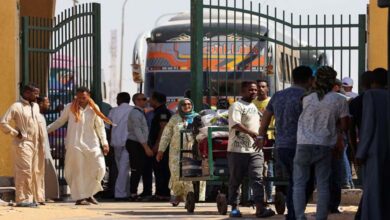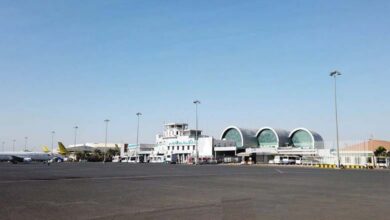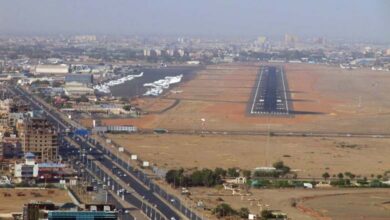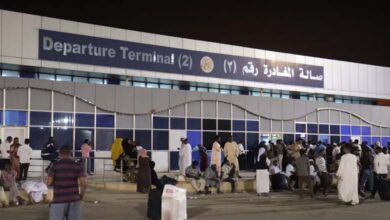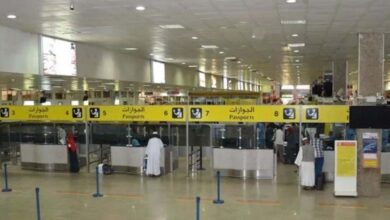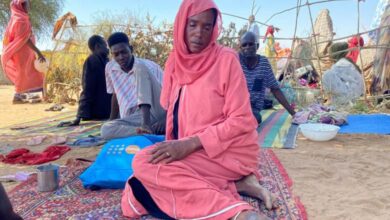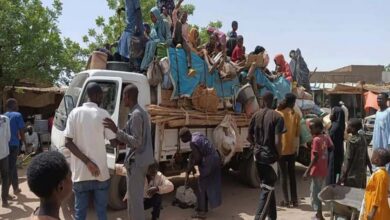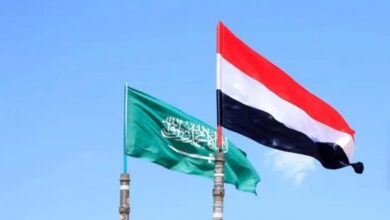Austria issues a book about the Brotherhood, The group’s secrets in Europe and important recommendations
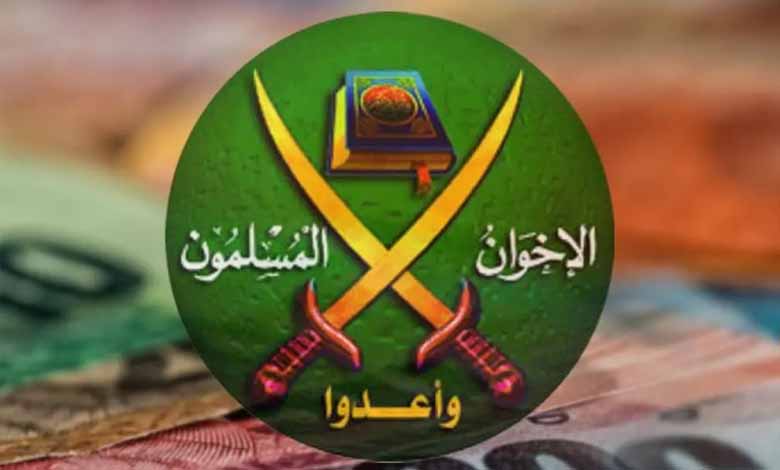
Austrian authorities have issued a book containing a recent report on the Muslim Brotherhood terrorist group in Europe, monitoring its structures and movements, and demanding an end to its financing.
-
Muslim Brotherhood: A deep structural divide and confrontation between incompetent leaders
-
Munir-Hussein war… Conflict within the Brotherhood moves to the stage of “revenge”
The book, includes a report prepared by the experts Lorenzo Vidino and Sergio Altona, and comes in 279 pages of medium pieces.
The book was published by the Center for the Documentation of Political Islam, which was established by the Austrian government in the summer of 2020 to monitor, analyze, and document the movements of the Muslim Brotherhood and other political Islamist organizations and to examine ways to combat them.
The book has four chapters and covers the structures and movements of the Brotherhood in 12 European countries, the most important of which are Austria, Britain, Germany, France, Belgium and Denmark. It also addresses the financing mechanisms of the terrorist group.
“While there are differences from one country to another, the original fetus of the Brotherhood’s existence in Europe was born between the 1960s and 1980s by Middle Eastern students at European universities and a few senior Brotherhood members”, the book stated.
Continued: “What began as an unexpected and temporary presence in Europe, over time became more stable and expanded dramatically. Today, every major European country is home to a small network of individuals and organizations with varying degrees of contact with the Brotherhood.”
-
Al-Jazeera and Socotra: Lies expose “suspicious alliance” Al-Houthi and the Brotherhood
-
Sudanese reject Brotherhood attempts to poison revolution
The book also states that the number of active Brotherhood members in each Brotherhood environment in Europe is relatively small (slightly more than a thousand in large countries like France, and less than a hundred in smaller countries), but each has the capacity to influence and mobilize a much larger number of allies and immigrants.
“Moreover, Brotherhood circles have created many public organizations that, while controlled by the same small number of activists, aim to project an image of broad support and representation.”
Umbrella organization:
Since the late 1980s, the leaders of the European Brotherhood network have sought to establish a pan-European formal structure, and in 1989, they created the Brussels-based Union of Islamic Organizations in Europe (FIOE), which has become an umbrella organization, according to the book that clearly states that “every member of this union is part of the European Brotherhood network”.
Over time, the EU, which changed its name in 2020 to the Council of European Muslims, created several specialized entities to serve specific objectives, such as the European Institute of Humanities and the European Center for Fatwa.
“An important organization close to the Brotherhood’s European environment is the International Islamic Relief Organization,” the book said. “Islamic Relief strongly denies any connection to the Brotherhood, but its organizational and personal ties to the European Community network are extensive”.
-
The Sudanese people refuse the intervention of Muslim Brotherhood in their country
-
Libya: Turkey supports mercenaries in favor of the Muslim Brotherhood
“Brotherhood-affiliated organizations in different countries regularly collect donations and promote Islamic relief, and individuals from the Brotherhood environment often run local branches of the relief organization”.
According to the book, the various pan-European entities and the numerous organizations created by each Brotherhood environment on the continent constitute a single group, a fairly coherent “network.” While each Brotherhood environment operates in a given country, its personal, organizational, and financial relationships with the Brotherhood environments in other countries are extensive.
“The circular nature of the network cannot be overstated, as it is managed by a relatively small group (a few hundred individuals in total) of men (and a small but growing number of women, mostly wives or daughters of senior leaders) who know each other, forming a cohesive network that has a disproportionate influence on organized Islam in Europe.
Multifinancing:
The book identifies four sources of funding for the Brotherhood in Europe, the most important of which are donations from members of the group, donations from foreign countries such as Qatar and Turkey, profits from a network of companies run by the group in the old continent, and assistance from European governments in the framework of programs to support integration and communication with Muslim communities.
The book concluded with a number of recommendations. The first is to stop European countries funding the Brotherhood within the framework of various programs and any government cooperation with the Brotherhood.
The Vienna Forum resulted, on Thursday, in an alliance of four European countries aimed at combating political Islam, especially the Muslim Brotherhood terrorist group.
The Vienna Forum to Combat Political Islam was held in the Austrian capital on Thursday, in the presence of a group of European officials and experts.
The forum aimed at international exchange at the political and professional level on ideologies, networks, actors and activities of political Islam in Europe, as well as how to combat them.


